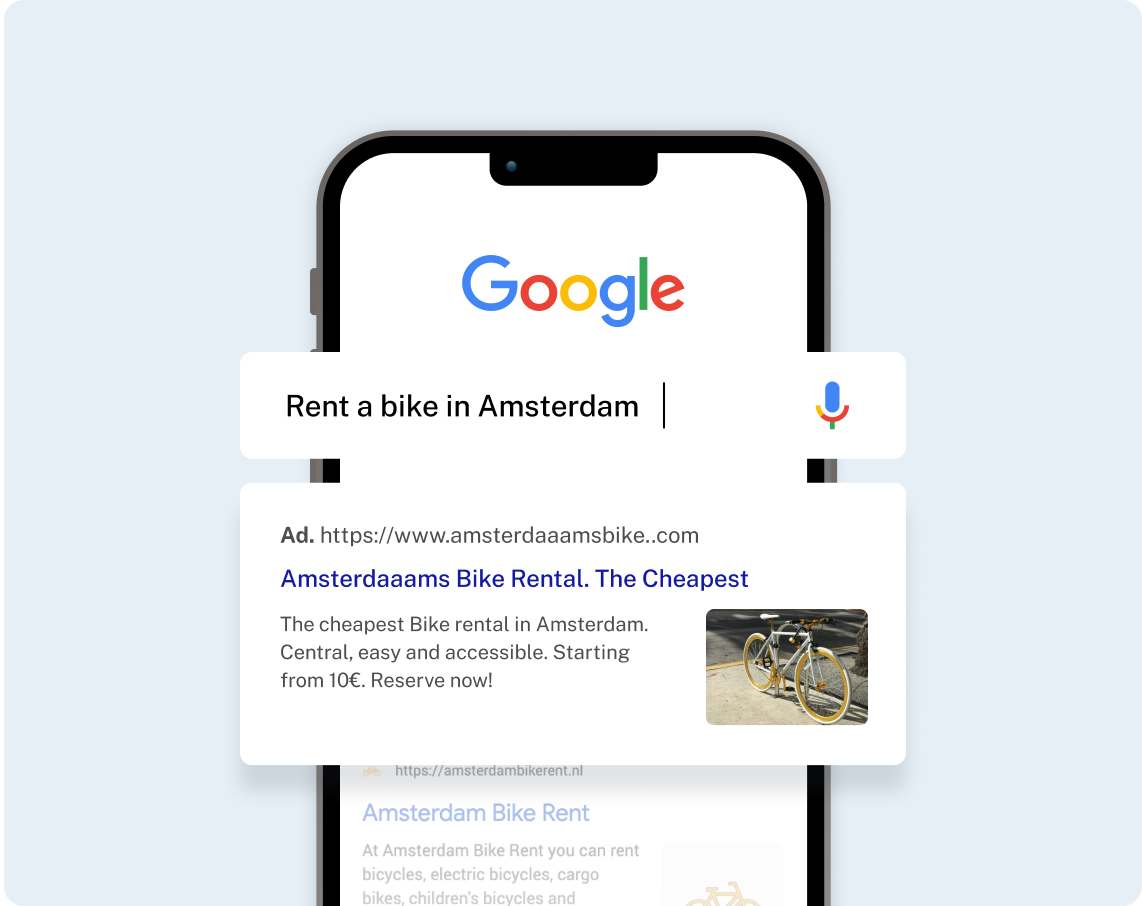SEO in 2024: How to Stay Ahead of the Game
oliver Smithies • December 10, 2024

Search Engine Optimization (SEO) is more competitive than ever in 2024, but staying ahead doesn’t have to be a mystery. Google's algorithm updates are increasingly focused on user intent and experience. Here's what you need to know to keep your website ranking high:
- AI-Driven Search: Tools like Google Bard and ChatGPT are transforming how people search, making semantic relevance critical. Focus on creating content that answers questions comprehensively and naturally.
- Core Web Vitals: Page speed, mobile usability, and visual stability are still pivotal. Google's latest updates have made them non-negotiable for ranking.
- E-E-A-T is King: Expertise, Authoritativeness, and Trustworthiness (now with "Experience" added) are key factors. Showcase real expertise with case studies, testimonials, and consistent, high-quality blog content.
- Local SEO Evolution: Location-based searches are booming with mobile users. Ensure your Google Business Profile is optimized and your site is targeting local keywords effectively.
SEO success is about staying flexible and adapting to the ever-evolving landscape.
Rankiin specializes in helping businesses navigate this complex world, ensuring you don’t just keep up but thrive.

By oliver Smithies
•
December 10, 2024
Google Ads remains a powerhouse for digital marketers, but is it worth the investment in 2024? The short answer: absolutely, if you use it wisely. Here’s why: AI-Powered Insights: Google's machine learning makes ad targeting smarter than ever, allowing hyper-specific campaigns with unmatched ROI. Performance Max Campaigns: These campaigns consolidate ad types into one, giving you broad visibility while simplifying management. Early adopters are seeing stellar results. Rising Costs: CPCs are climbing, but smart strategies like audience segmentation, retargeting, and keyword pruning can keep costs manageable. Synergy with SEO: Combining Google Ads with a robust SEO strategy amplifies brand visibility, capturing both paid and organic audiences. Google Ads isn’t just about throwing money at a problem. It's about strategic investment and precision targeting. Let Rankiin guide you to make every click count.

By oliver Smithies
•
January 23, 2024
When it comes to SEO, there isn't a magic formula to instantly send your site off to the #1 search result on Google. But there are some basic principles you should follow for a wonderful starting point. Here are the top 5 SEO practices to start with: #1 Write for people, not for search engines Always write original, interesting, high quality site content that's error free and relevant to your site. Search engines like Google can easily detect content that is duplicated from elsewhere online, that contains grammatical errors, or that is stuffed with keywords. #2 Add a blog to your site and use rich media To engage your site visitors and blog readers, create posts that include non-textual media like photos, videos, or original visualizations (infographics). Having that extra content (especially if it's captivating) will increase the time users spend on your site as well as the likelihood they will share your site with their own community. #3 Offer a positive user experience throughout your site Google will know if you're using your site to aggressively advertise your service, or if you're being too pushy. Always aim to offer site visitors a pleasant experience on your site. That means clear content, support when needed, and always an option to go back. #4 Create a network of internal links (but don't overdo it) Add links between different pages of your site and your blog, but try to follow a process that feels organic rather than heavy linking meant just for search engine crawlers. Link between pages that make sense, for example, on your services page, link a certain industry specific term, and link it to a blog post you wrote about it, that gives more information on that term. #5 Always check your site's Core Web Vitals Core Web Vitals are a standard site performance standard initially created by Google. The report shows site owners how their site pages perform 'for real,' how long it takes for site visitors to load site pages, and it offers ways to fix issues, if there are any.
Ready to get found on Google?
© 2025
This is a lead generation LP from Ecesis Group ltd trading as Rankiin
